Publications
Articles, publications, books, tools and multimedia features from the U.S. Institute of Peace provide the latest news, analysis, research findings, practitioner guides and reports, all related to the conflict zones and issues that are at the center of the Institute’s work to prevent and reduce violent conflict.
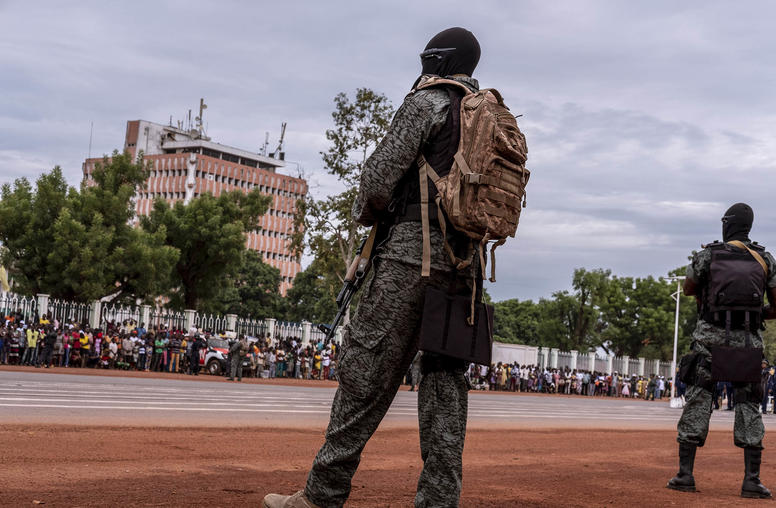
Russia’s Wagner Uprising Will Force a Kremlin Reshuffle in Africa
Three weeks after Russia’s Wagner Group mounted an armed uprising against authorities in Moscow, the still-swirling fallout will force changes in the mercenary group’s operations in Africa. The open outbreak of conflict among rival armed factions that Vladimir Putin sponsors as props of his autocratic regime will now force him to find new managers for his strategy of seeking influence and resources through strongmen and warlords in unstable African countries. These developments open an opportunity for Africans and the West to better illuminate Russia’s corrupt, often brutal methods in Africa, and their consequences.

Donald Jensen on What the NATO Summit Means for Putin
The NATO summit cleared major hurdles for Sweden to join the alliance and offered a consensus for Ukraine’s eventual accession. With Moscow still dealing with the fallout from Prigozhin’s recent uprising, signs indicate that “Putin is now weaker than anybody in the West thought he’d be two months ago,” says USIP’s Donald Jensen.
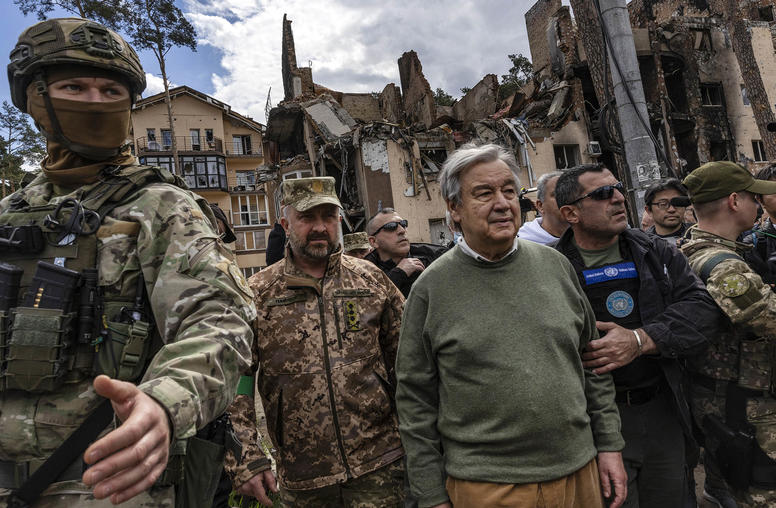
How the U.N. Secretary-General Gets Around Security Council Gridlock
How do concerned parties facilitate diplomatic and humanitarian progress on conflict cases when the U.N. Security Council is gridlocked? By explicit design, the Security Council’s powerful permanent five members can deadlock its work with a unilateral veto when they want to — but neither the veto nor the threat of the veto fully end multilateral work on conflict cases that the P5 want to keep out of the Security Council’s ambit. Instead, the prospect of UNSC inaction spurs diplomatic efforts and alternative pathways for action via a range of procedural, negotiated and informal tools at the U.N. General Assembly, in the U.N. Security Council (UNSC) and via the U.N. Secretariat.
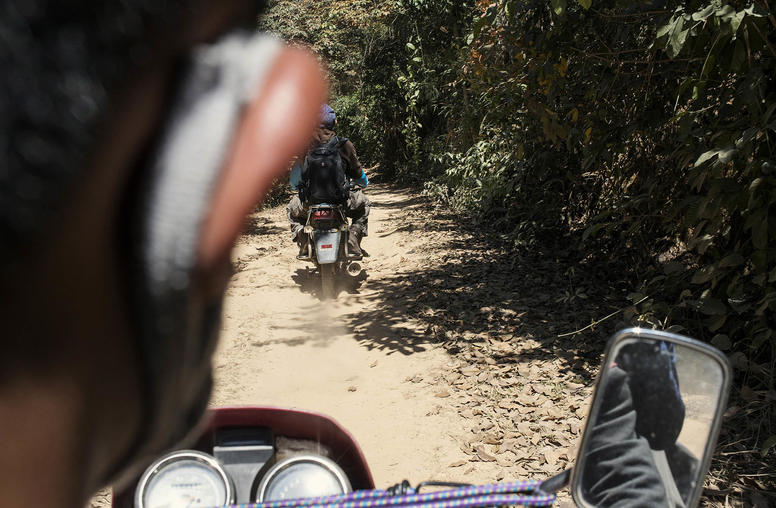
China’s Metastasizing Myanmar Problem
The 2021 military coup in Myanmar not only triggered an unprecedented nationwide revolt against military rule but is increasingly precipitating challenges to global security. The junta’s ineffectual rule has resulted in the rise of cross-border human trafficking and cyber scams, which have impacted almost every corner of the globe, taking an especially heavy toll on China’s people while also benefiting organized Chinese crime groups. Beijing’s response to the situation in Myanmar has been mixed. While it has backed the junta, China has also hedged by supporting some of Myanmar’s most powerful ethnic armed organizations, extending Chinese influence in the country.

Mirna Galic on the Role of Indo-Pacific Partners at the NATO Summit
While much of the conversation at this week’s NATO summit will be focused on Russia’s war in Ukraine, the presence of NATO partners Japan, South Korea, Australia and New Zealand “is a testament to … [NATO’s] interest in the Indo-Pacific and the focus on the challenges that China poses for the alliance,” says USIP’s Mirna Galic.
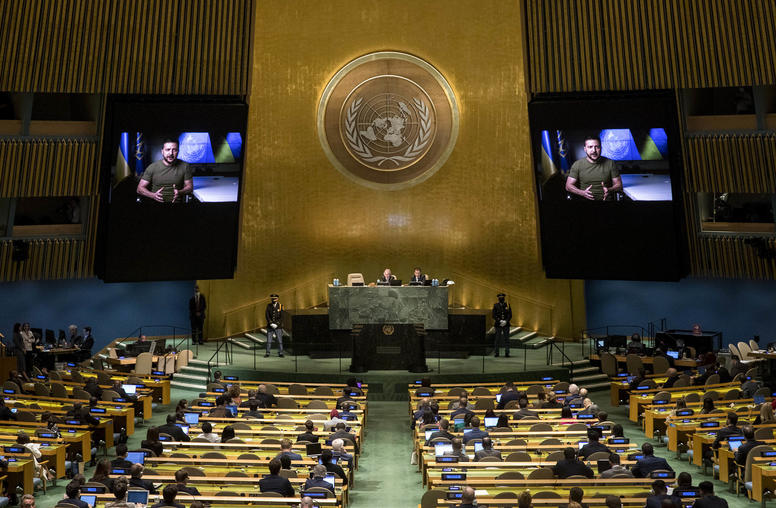
Security Council Gridlock Isn’t the End of the Diplomacy — It’s the Start
Gridlock at the U.N. Security Council draws headlines, but it never truly grinds diplomatic and humanitarian work to a halt. Instead, concerned parties approach the threat of the veto as the beginning of diplomatic creativity. They deploy procedural, negotiated and informal tools at the U.N. General Assembly, in the Security Council and via the U.N. Secretariat when faced with explicit obstruction from the five permanent members of the Security Council, seeking out alternative pathways for action when a permanent member blocks multilateral conflict resolution, humanitarian assistance or decision making.
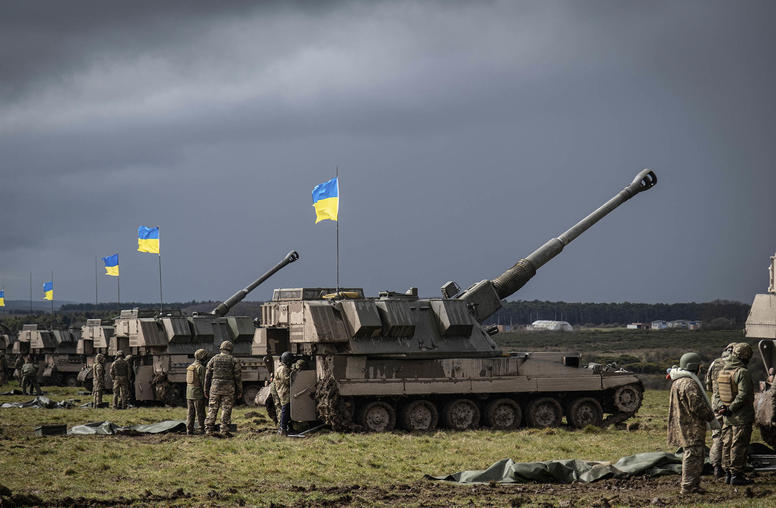
New Zealand Draws Closer to NATO with a Wary Eye
Until recently, if New Zealanders thought about their country’s links to NATO, it was likely the two-decade long deployment to Afghanistan that came to mind. But if there might have been some sense those ties lay in the past, Russia’s brutal invasion of Ukraine in February 2022 has brought them squarely back to public attention. New Zealand’s links as a non-member partner of NATO have been central to its response to the war, including channeling aid to Kyiv. Last June, Jacinda Ardern became the first New Zealand prime minister to attend a NATO summit, joining three other leaders from Australia, Japan and South Korea as NATO’s four Indo-Pacific partners (IP4).
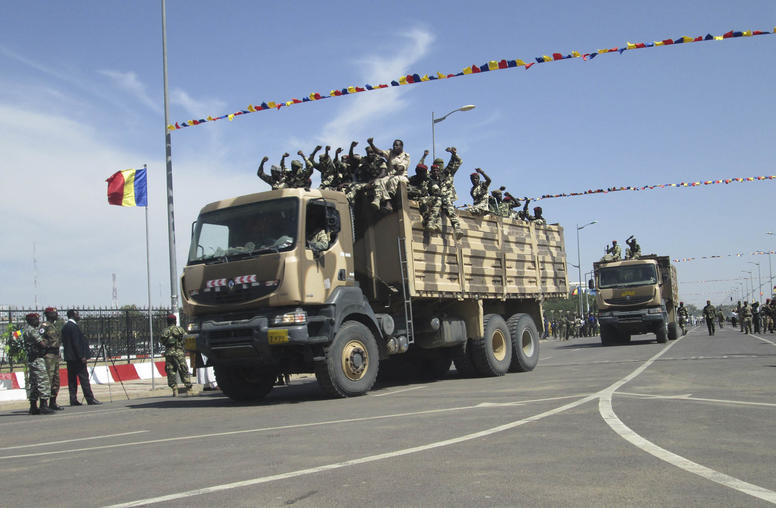
Chad’s Political Transition Might Be Its Last Shot for Democracy and Peace
The state of Chad’s political transition is not reassuring. Despite some signs of progress during the National Inclusive and Sovereign Dialogue (DNIS) last October, security forces engaged in violent crackdowns of protests shortly afterward — killing dozens of civilians. Meanwhile, now-President Mahamat Idriss Déby has moved to consolidate power ahead of elections planned for October 2024, leaving opposition and civic groups worried that Déby may not turn power over to a civilian government.
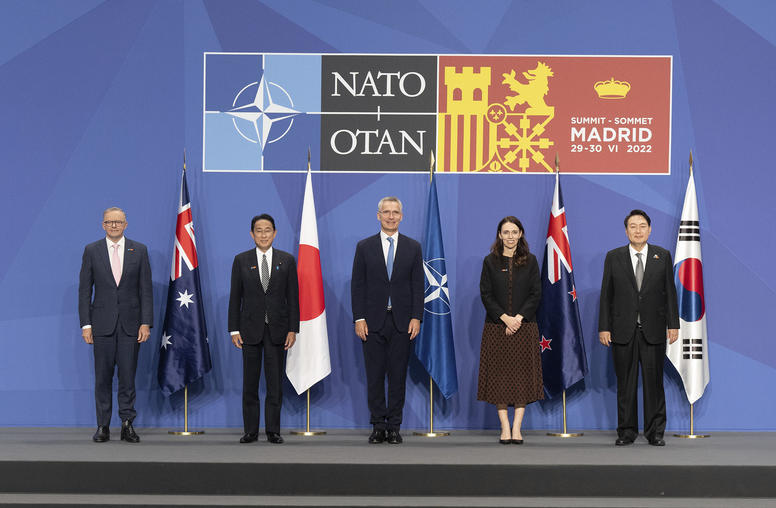
What’s Behind NATO’s Tightening Ties with its Indo-Pacific Partners?
NATO’s summit in Madrid, Spain, in June 2022 marked the first time the four leaders of NATO’s Indo-Pacific partner countries — Australia, Japan, New Zealand and the Republic of Korea (ROK) — joined NATO counterparts for a meeting at the heads of state and government level. July 2023, at the NATO summit in Vilnius, Lithuania, will mark the second. The high level of media attention paid to the attendance in Madrid of the Indo-Pacific partners, known informally as the Indo-Pacific Four or IP4, is likely to be repeated in Vilnius. Beyond this, what should Indo-Pacific watchers expect from the Vilnius Summit in terms of NATO-IP4 developments?

La transition politique au Tchad pourrait être la dernière chance pour la démocratie et la paix
L'état de la transition politique au Tchad n'est pas rassurant. Malgré quelques signes de progrès lors du Dialogue national inclusif et souverain (DNIS) d'octobre dernier, les forces de sécurité se sont engagées dans une violente répression des manifestations peu après - tuant des dizaines de civils. Entre-temps, l'actuel président Mahamat Idriss Déby a pris des mesures pour consolider le pouvoir avant les élections prévues pour octobre 2024, laissant l'opposition et les groupes de la société civile préoccupés par le fait que Déby pourrait ne pas remettre le pouvoir à un gouvernement civil.